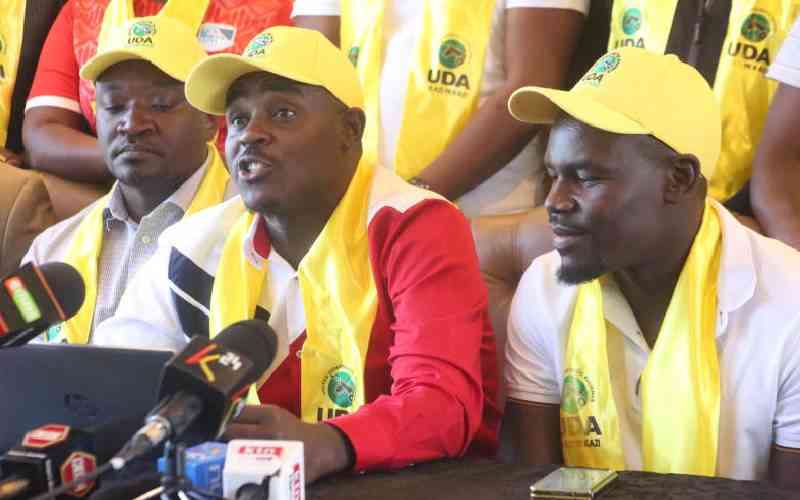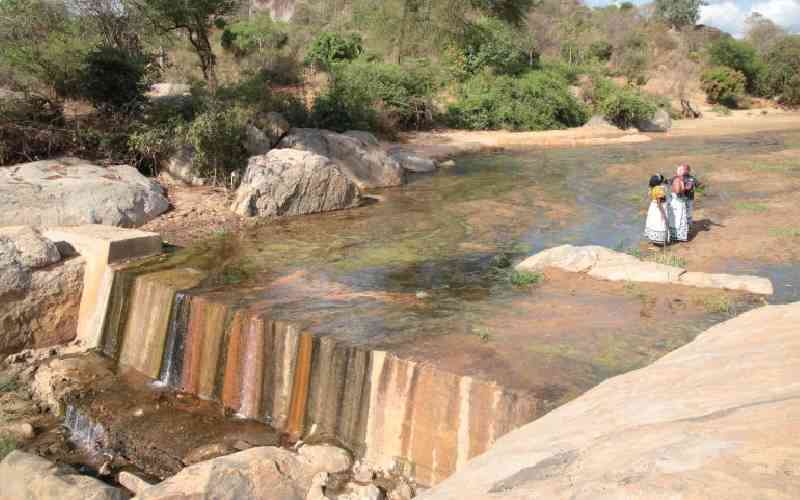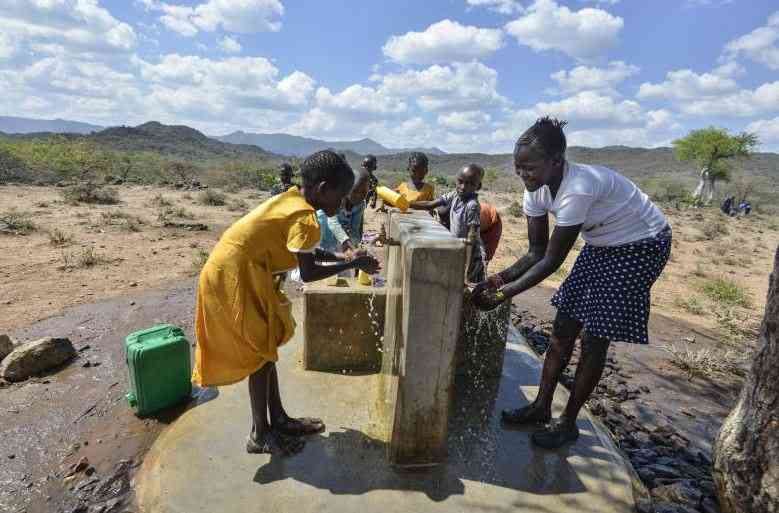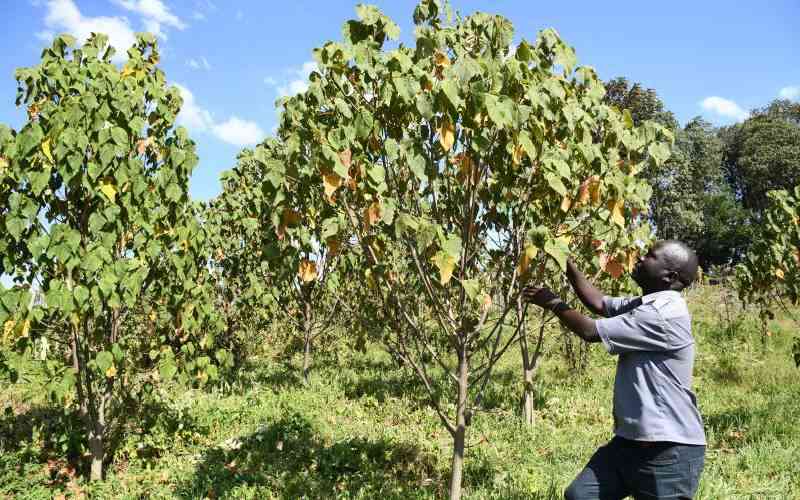Researchers and scientists drawn from universities in the sub-Sahara Africa region have cited inadequate funding for sustainable use, and water resource management research as the reason many countries are unable to meet the demand for clean healthy water.
The scientists who attended a collaborative workshop organized by Maseno University represented Togo, Malawi, Nigeria, Ethiopia, Burkina Faso and Cameroon in an attempt to identify research gaps in the East Africa for expert partnership in research on water resources management.
Speaking during the workshop held in Kisumu at the Jumuia Hotel Maseno University, Deputy Vice chancellor in charge of partnerships, innovations and research, Prof Sarima Chacha said natural water resources are a pillar in aquatic systems, agriculture, health and energy but were being subjected to degradation.
“Water resources play a key role in sustainability of agriculture, health and the general economy and if investment is not made in research, on their continuity and reliability and management, we risk our lives by destroying them,” said Prof Chacha.
Dr Margaret Maimba, the National Commission for Science, Technology and Innovation (NACOSTI) commissioner said the government was only keen to use its limited funding for research that will benefit the country and asked the scholars to consider the viability of their projects before seeking financial aid.
She said many proposals seeking monetary assistance are received by the commission but were subjected to deep scrutiny before approval for funding,a procedure that had seen many left out due to lack of direct impact.
“ The government may not fund all studies that you seek to conduct but an in-depth analysis of proposals is done before funding is approved to those found to be applicable and beneficial to a majority in society,” said Dr Maimba.
She said most researchers had failed to involve industries and the private sector that had been a major concern in pollution and environmental degradation yet were in a position to partner and support their research course to enable curb the polution menace.
She has challenged the specialists to partner with stakeholders in the sector in packaging their project proposals appropriately so as to collaborate, identify solutions to challenges and later implement their findings and recomendations on the already wounded environment.
Prof Samuel Pare, the EXCEED SWINDON program coordinator in the region, said water sustainability and its sources are insecure and called on region's states to seek government collaboration in supporting the expensive exercises.
He said many research works collapsed in early stages due to financial constrains that he attributed to poor budgeting by researchers and inadequate funding.
“In every research, it is safe when one has a subsidiary budget and reliable partners to avoid financial challenges occurring during the exercise,” said Prof Pare.
Dr Maimba promised to push for the reinstatement of the Women Scientists Fund that had been tentatively halted by NACOSTI and supported women in scholarly work for development.
During the workshop,the Dons sited improper mitigation of flood water,non-involvement of cultural studies and models in environmental resource management and unreliability of current policies on water availability and accessibility as the ails in most countries.
They urged states to welcome participatory approaches in conflict resolution on matters concerning cross border resources sharing in water catchment areas.
Stay informed. Subscribe to our newsletter
 The Standard Group Plc is a
multi-media organization with investments in media platforms spanning newspaper
print operations, television, radio broadcasting, digital and online services. The
Standard Group is recognized as a leading multi-media house in Kenya with a key
influence in matters of national and international interest.
The Standard Group Plc is a
multi-media organization with investments in media platforms spanning newspaper
print operations, television, radio broadcasting, digital and online services. The
Standard Group is recognized as a leading multi-media house in Kenya with a key
influence in matters of national and international interest.
 The Standard Group Plc is a
multi-media organization with investments in media platforms spanning newspaper
print operations, television, radio broadcasting, digital and online services. The
Standard Group is recognized as a leading multi-media house in Kenya with a key
influence in matters of national and international interest.
The Standard Group Plc is a
multi-media organization with investments in media platforms spanning newspaper
print operations, television, radio broadcasting, digital and online services. The
Standard Group is recognized as a leading multi-media house in Kenya with a key
influence in matters of national and international interest.





